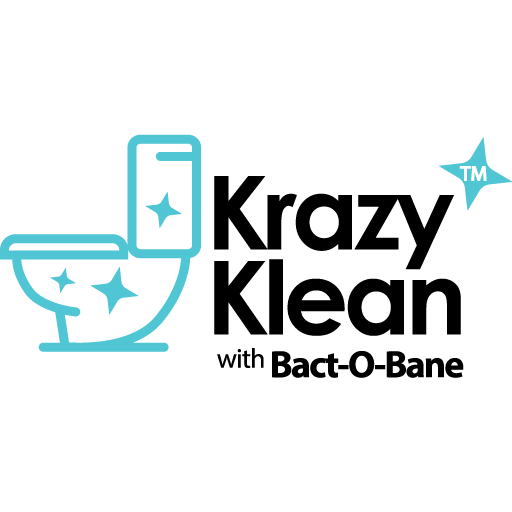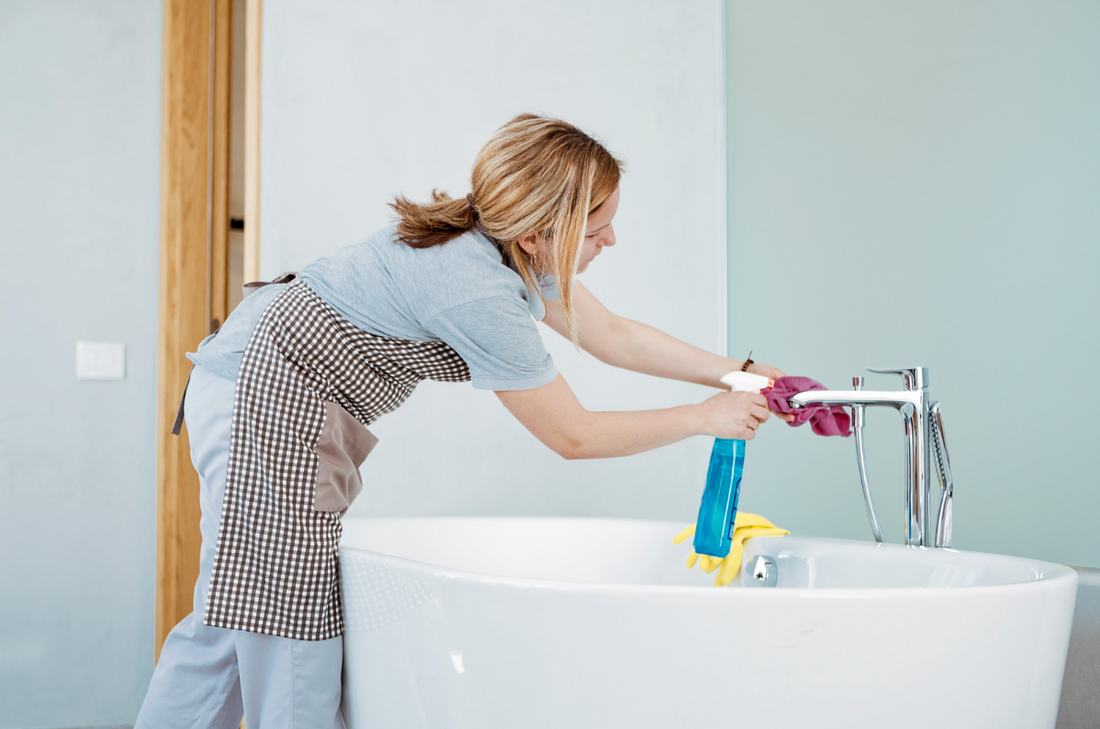Are you tired of dealing with pesky mineral deposits and stubborn soap scum in your home's plumbing fixtures and appliances? Hard water may be to blame. But what exactly is hard water? Put simply, it's water that contains high levels of dissolved minerals, most commonly calcium and magnesium. These minerals can cause a host of issues, from unsightly stains on your sinks and toilets to decreased efficiency and lifespan of your appliances. In this article, we'll dive deeper into what hard water is, how it affects you and your home, and what you can do to combat it.
Measuring Water Hardness
Ever wonder how we measure water hardness? We use grains per gallon (gpg) or parts per million (ppm). Higher numbers mean harder water. Water softeners rely on these measurements to work their magic. The USGS classifies water hardness levels from soft to very hard based on these measurements.
Sources of Hard Water
Where does hard water come from? It starts underground. Water passes through limestone or chalk, picking up minerals. That's how it turns hard. Rainwater is naturally soft, but it becomes hard water as it percolates through the earth and absorbs minerals.
Effects Of Hard Water
Hard water may seem harmless, but it can have a big impact on your daily life. It can leave your clothes feeling stiff and looking dull, make it harder to lather soap, and cause buildup in your appliances and pipes. Not only can hard water affect the cleanliness and longevity of your possessions, but it can also have negative effects on your skin and hair. If you've noticed dry skin or frizzy hair, hard water could be the culprit. So what exactly is hard water, and how can you deal with it?
Effects on Household Appliances
Hard water loves to mess with your appliances. Mineral deposits, or scale, build up in pipes and devices. This hurts efficiency and shortens appliance lives. Dishwashers, washing machines, and water heaters—you name it, hard water can affect it. Scale buildup can lead to higher energy bills and costly repairs.
Effects on Laundry
Laundry isn't safe from hard water either. Clothes feel stiff, rough, and colors fade. Detergent struggles to dissolve, leaving residue on your favorite outfit. Hard water can also cause skin irritation from soap residue left on clothes, towels, and bedding.
Effects on Plumbing
Your plumbing doesn't escape hard water's grasp. Scale buildup in pipes means less water flow. Clogs and pressure issues can lead to leaks and pricey plumbing fixes. Over time, hard water can cause significant damage to your entire plumbing system.
Effects on Personal Care
Hard water isn't kind to your skin and hair. Soap lather suffers, causing dryness and soap scum buildup in showers and tubs. Not exactly the spa experience you're looking for. Shampooing with hard water can make hair dull, lifeless, and more prone to breakage.
Effects on Your Health
While drinking hard water isn't dangerous, it can impact your health. Kidney stones may form in some people. Plus, the mineral taste might not be your cup of tea. It can also make it more difficult to stay hydrated, as hard water doesn't quench your thirst as well as soft water.
Effects on The Environment
Hard water can also have environmental consequences. More detergent and soap are needed to clean effectively, increasing the amount of chemicals released into the environment. Water heaters using hard water consume more energy, leading to increased CO2 emissions.
Dealing with Hard Water
What can you do about hard water? Water softeners, filters, and descalers are common solutions. Each one has its perks and drawbacks.
Water Softeners
Water softeners use ion exchange to remove pesky minerals. Your appliances and water quality will thank you. However, they need maintenance and might add sodium to your water. Keep in mind that softened water can be harmful to plants due to the increased sodium content.
Water Filters
Water filters tackle impurities, including minerals. Some, like reverse osmosis systems, are good at reducing hardness. But they can be pricey and need more maintenance. Filters also remove other contaminants, improving the taste and odor of your water.
Descalers
Descalers are electronic devices that change mineral structures, stopping scale buildup. Easy to install and maintain, they don't remove minerals from the water. This means you'll still have to deal with some hard water effects, like reduced soap lather and potential skin issues.
Conclusion
Hard water can be a real headache, from affecting your appliances to impacting your personal care routine. Understanding the sources, effects, and ways to deal with hard water is crucial in maintaining a healthy and efficient home. By considering various treatment options, such as water softeners, filters, or descalers, you can find the right solution for your home and lifestyle.
Curious to learn more? Check out our article on hard water vs soft water.
For toilet bowls impacted by hard water, specialized cleaning products such as Krazy Klean can work wonders. These innovative products are engineered to dissolve limescale and mineral deposits, ensuring that toilets are left spotless and free from unsightly stains.

